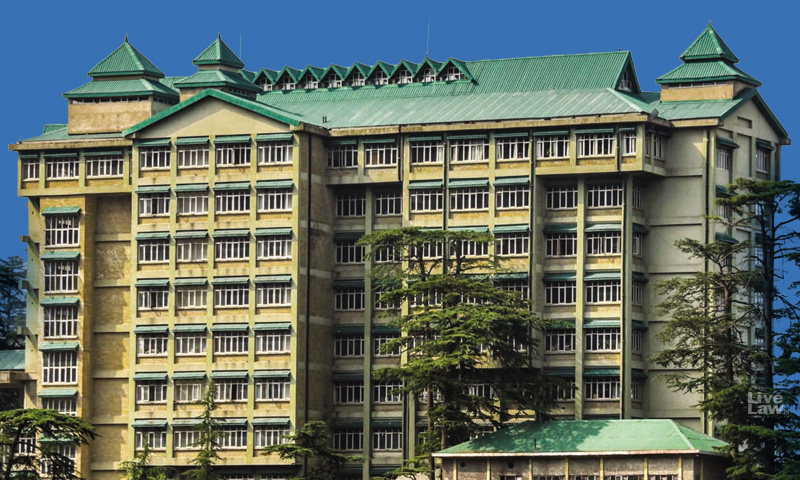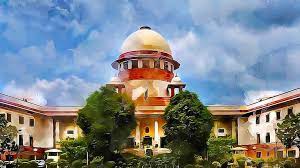
Bribery is not a parliamentary privilege : Supreme Court
Last Updated on March 6, 2024 by News Desk
The Supreme Court has ruled that lawmakers in Parliament and state legislatures are liable to be prosecuted for taking bribes to make speeches and cast votes in the House or legislature.
The ruling overruled the 1998 verdict that upheld immunity in cases where MPs and MLAs take bribes for a speech or a vote in the House or legislature. The unanimous verdict was delivered by a seven-member Constitution bench led by Chief Justice of India DY Chandrachud.
The court clarified that bribery is not protected by parliamentary privileges and that the interpretation of the 1998 verdict is contrary to Articles 105 and 194 of the Constitution, which provided lawmakers with legal immunity from prosecution to enable them to work without fear.
The court stated that corruption and bribery by members of the legislature erode the foundation of Indian parliamentary democracy and create a polity that deprives citizens of a responsible, responsive, and representative democracy.
The court also stated that an MLA taking a bribe to vote in Rajya Sabha elections is liable under the Prevention of Corruption Act. The offence of bribery is complete on the acceptance of the money or on the agreement to accept money being concluded, and the offence is not contingent on the performance of the promise for which money is given or is agreed to be given.
The court held that bribery is not immune under clause (2) of Article 105. A member engaging in bribery commits a crime unrelated to their ability to vote or make a decision on their vote, which may bring indignity to the House of Parliament or Legislature and may also attract prosecution. However, it does not attract the immunity given to the essential and necessary functions of a member of Parliament or Legislature.
The court also stated that the privileges of the members of the House individually bear a functional relationship to the ability of the House to collectively fulfil its functions and vindicate its authority and dignity. These freedoms are necessary for the furtherance of fertilising a deliberative, critical, and responsive democracy.




